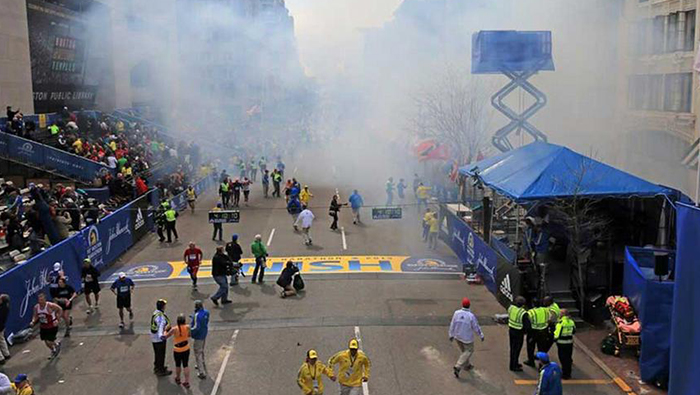
Boston: The US Supreme Court on Friday reinstated the death sentence of Boston Marathon bomber Dzhokhar Tsarnaev, who was convicted for his role in the 2013 terrorist attack.
Three people died and 260 were wounded in the attack. Tsarnaev and his brother Tamerlan detonated two homemade pressure-cooker bombs at the marathon's finish line. Tamerlan Tsarnaev died after a gunfight with police in the ensuing manhunt for the two brothers.
Jurors convicted the younger brother in 2015 on all 30 counts he faced and determined he deserved execution.
A Boston-based 1st US Circuit Court of Appeals had initially overturned the death sentence on the grounds that both that Tsarnaev's right to a fair trial under the US Constitution's Sixth Amendment was violated and that the trial judge wrongly excluded evidence about a separate crime.
But on Friday, the Supreme Court rejected that decision in a 6-3 vote, with conservative justices in the majority and the three liberals dissenting.
"Dzhokhar Tsarnaev committed heinous crimes. The Sixth Amendment nonetheless guaranteed him a fair trial before an impartial jury. He received one," conservative Justice Clarence Thomas wrote for the majority opinion.
Justice Stephen Breyer, who is soon due to retire from the bench, wrote in the dissenting opinion that the Court of Appeals "acted lawfully." He also took aim at the death penalty.
"I have written elsewhere about the problems inherent in a system that allows for the imposition of the death penalty ... This case provides just one more example of some of those problems,'' Breyer wrote.
Tsarnaev, who is now 28 years old, is not likely to be executed anytime soon because the US Justice Department halted federal executions last summer. It was a direct reversal of the policy of President Joe Biden's predecessor, Donald Trump, whose administration carried out 13 executions in its final six months in office.
The appeal to reinstate Tsarnaev's sentence at the Supreme Court was initially filed during the Trump administration. Although Biden opposes the death penalty, his administration did not change the course of the appeal and allowed the proceedings to continue.